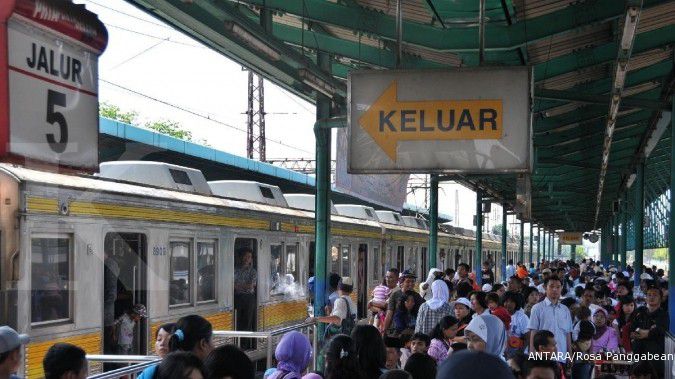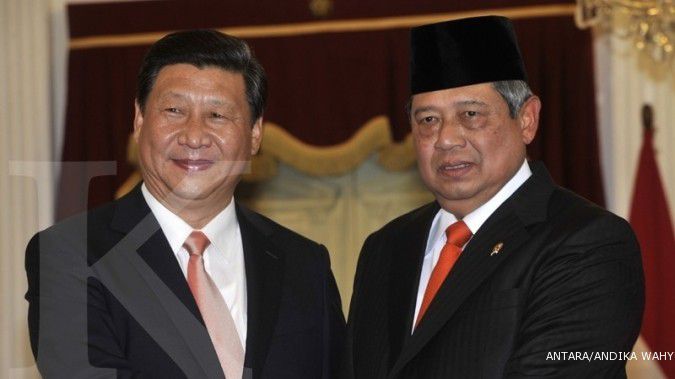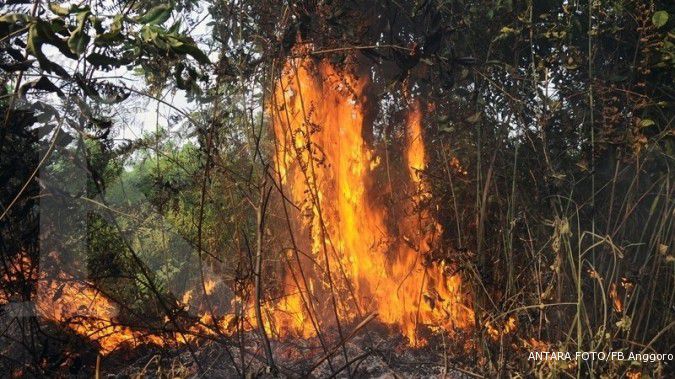JAKARTA. As big players in Indonesia's forestry sector come under increasing pressure to show that they are not damaging the environment, some are pledging to change their ways. The latest to jump on the bandwagon is Indonesia's second-largest pulp and paper company, Asia Pacific Resources International Limited (April).
The Singapore-based company announced on Tuesday that it would stop buying materials from any suppliers found to have sourced products from high conservation value forests (HCVF), those rich in environmental, socio-economic biodiversity or landscape value.
It will also set up a committee consisting of forestry groups and business lobbies to oversee the policy.
April was accused of having fires on its land that contributed to last year's haze but denied the charge, saying that it has a zero-burning policy.
Forestry campaigners hail the company's move as significant, but said strict implementation will be the key to ensuring any meaningful impact.
"We are mandating our suppliers who supply wood and fibre to go through an HCVF assessment," said April president Praveen Singhavi. "We will not buy from those who do not."
Deforestation accounts for 70 per cent of carbon emissions in Indonesia, the world's third-biggest emitter, according to the United Nations.
The announcement comes as the World Business Council for Sustainable Development (WBCSD) put April's membership on probation after it was suspended from its Forest Solutions Group. It has been given 12 months to show proof that it is changing its policies on deforestation, or face sanctions or expulsion from the group.
Tiur Rumondang, executive director of Indonesia Business Council for Sustainable Development, said: "The company has been perceived as not transparent but the WBCSD probation has pushed it towards this."
On Tuesday, Singhavi said that its Stakeholder Advisory Committee would include a representative from the business council and the World Wildlife Foundation, a staunch critic of its deforestation policies.
"The committee would oversee the implementation process (of this new policy). We would be providing data... and allow them to visit our areas," he said. "We announce that kind of transparency, in terms of what we do, because we want to show to the world... there's nothing to hide."
It will also reforest a 20,450 hectares patch of forest in Pulau Padang, Sumatra, the last of its concession sites to be developed for plantation use. This is part of its expansion of a 10-year US$17 million forest restoration programme initiated last May, when it announced that it would reforest 20,265 hectares on Sumatra's Kampar Peninsula.
Norway, which has been working with Indonesia in the fight against deforestation, said it welcomed the move to "involve local communities and ensure environmental integrity" of the policy.
But some critics are not convinced of the firm's sincerity, alleging that its latest move is simply a diplomatic manoeuvre to ease pressure on it.
Greenpeace condemned the policy as a recycled one. It also slammed the policy for failing to address deforestation by other companies under its umbrella, such as Asian Agri and Toba Pulp Lestari.
When asked about this, Singhavi said: "People who say there's nothing new, you should ask them what they have seen us do in the past and what they are seeing today." (Zubaidah Nazeer, The Straits Times/ANN)
/2013/02/04/1082942571.jpg)














